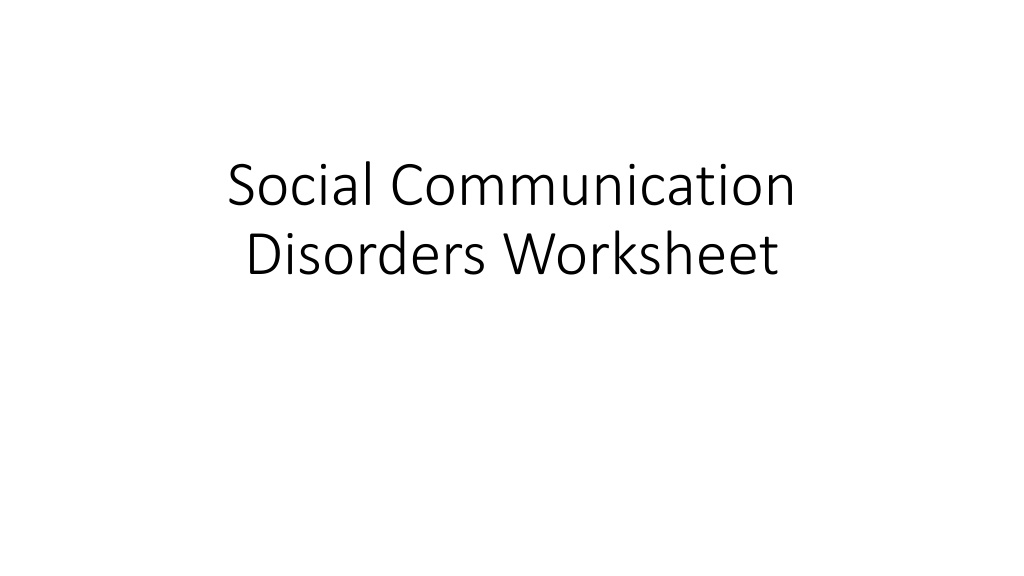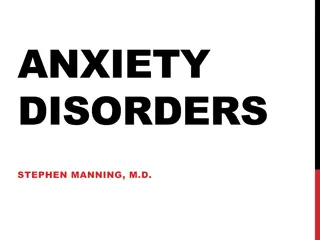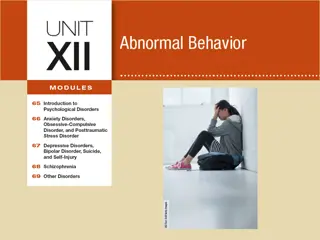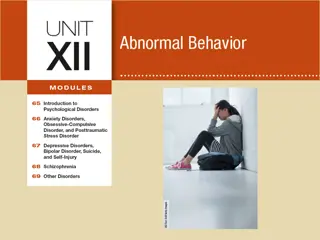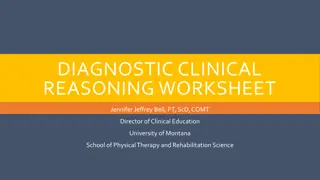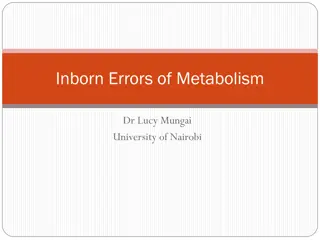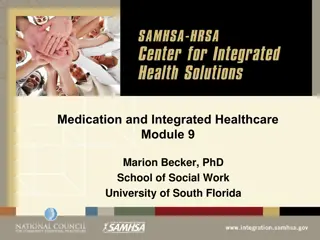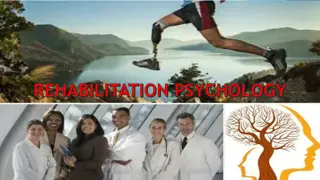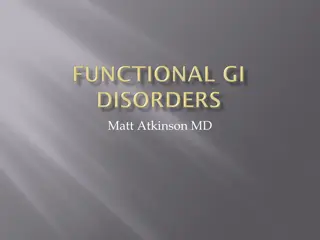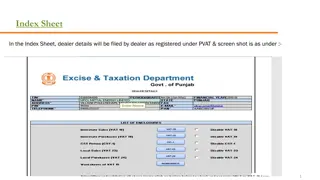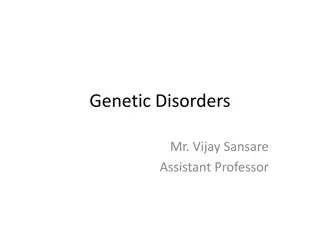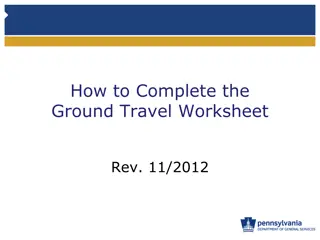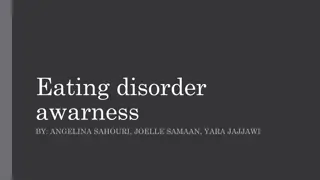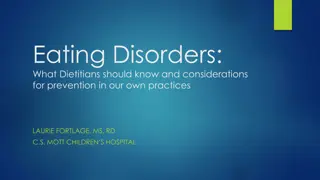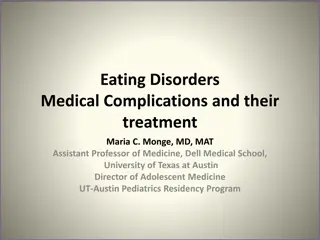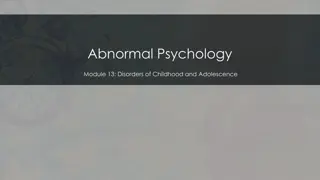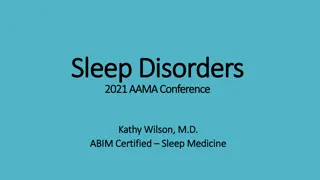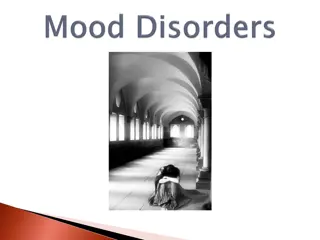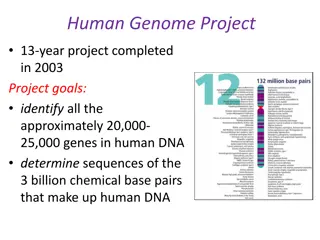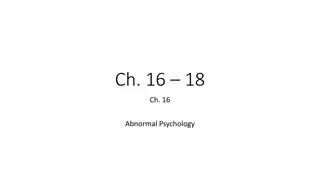Social Communication Disorders Worksheet
This worksheet focuses on social communication disorders, offering practical exercises and activities to improve communication skills in individuals facing these challenges. It provides a structured framework for addressing communication difficulties and enhancing social interactions through targeted exercises and strategies.
Download Presentation

Please find below an Image/Link to download the presentation.
The content on the website is provided AS IS for your information and personal use only. It may not be sold, licensed, or shared on other websites without obtaining consent from the author.If you encounter any issues during the download, it is possible that the publisher has removed the file from their server.
You are allowed to download the files provided on this website for personal or commercial use, subject to the condition that they are used lawfully. All files are the property of their respective owners.
The content on the website is provided AS IS for your information and personal use only. It may not be sold, licensed, or shared on other websites without obtaining consent from the author.
E N D
Presentation Transcript
Social Communication Disorders Worksheet
ASD Symptoms Younger Children Social Communication Symptoms Restrictive/Repetitive Behaviors Sensory Differences
ASD Diagnostic Criteria A Social Communication Deficits in Social Emotional Reciprocity Abnormal social approach: Failure of normal back-and-forth communication: Reduced sharing of interests and emotions: Failure to initiate or respond to social interactions:
A Criteria Continued Deficits in Non-Verbal Communication used for Social Interaction Poorly integrated verbal and nonverbal communication Abnormalities in eye contact: Abnormalities in body-language: Deficits in understanding and use of gestures Total lack of facial expressions and nonverbal communication
A Criteria Continued Deficits in developing, maintaining, and understanding relationships as appropriate for Developmental Level Difficulties adjusting behavior to suit different social contexts Difficulties in sharing imaginative play Difficulties in making friends Apparent absence of interest in peers
ASD B Criteria Stereotyped or repetitive speech, motor movements or use of objects or speech Simple motor stereotypies Lining up of toys or flipping objects Echolalia Idiosyncratic phrases
ASD B Criteria Insistence on sameness, inflexible adherence to routines, or ritualized patterns of verbal or nonverbal behavior Extreme distress at small changes Difficulties with transitions Rigid thinking patterns Greeting rituals Need to take same route or eat the same food everyday
ASD B Criteria Highly restricted, fixated interests that are abnormal in intensity or focus Strong attachment to or preoccupation with unusual objects Excessively circumscribed or perseverative interests
ASD B Criteria Hyper- or hypo-reactivity to sensory input or unusual interest in sensory aspects of the environment Apparent indifference to pain/temperature Adverse response to specific sounds or textures Excessive smelling or touching of objects Visual fascination with lights or movement
What information would you like to have to review prior to making a diagnosis?
What skills are you observing during a clinical assessment?
DSM 5 Severity Levels Level 3: Requiring very substantial support Level 2: Requiring substantial support Level 1: Requiring support
What other serologic studies might you consider? What other tests would you want to consider?
What are some of the evidence supported interventions that ABA incorporates into their therapy?
